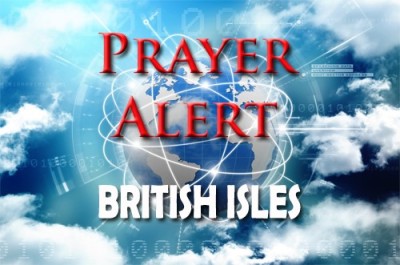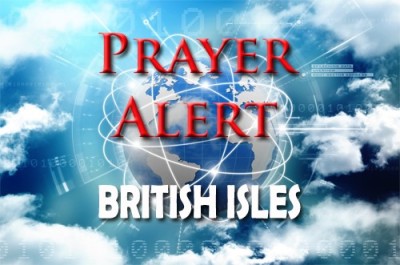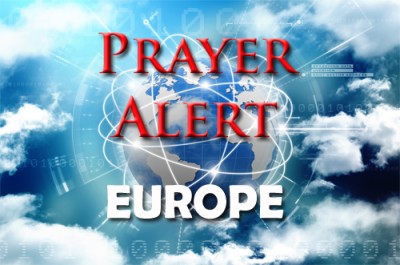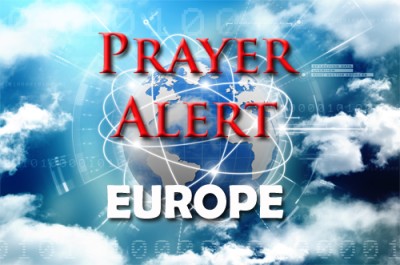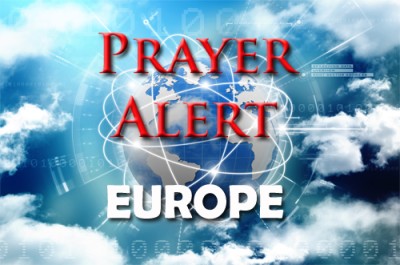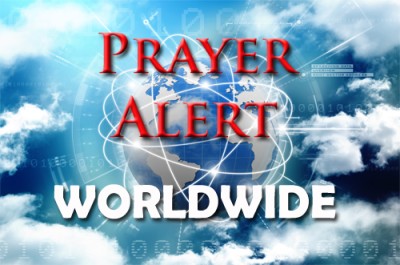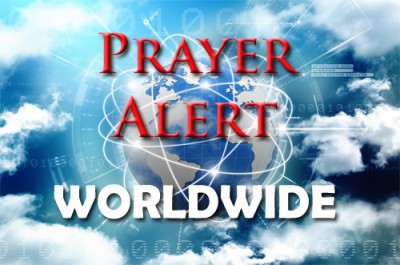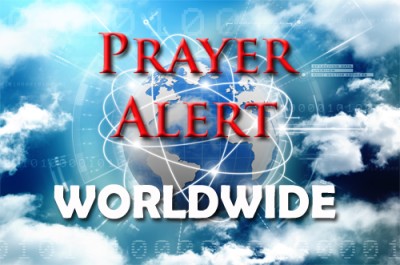The Government has announced an extra £250 million in funding for flood defences in England, bringing total investment to a record £2.65 billion. The funding aims to protect 66,500 more properties over two years, following accusations that the previous government underfunded flood defences, leaving communities vulnerable. Floods minister Emma Hardy criticised past Conservative leadership, calling the situation a 'dereliction of duty’. She stated that flood assets were in their worst recorded condition, putting lives, businesses, and homes at risk. In response, the Government has approved 31 new projects and allocated £36 million for urgent repairs to defences damaged by extreme weather. With climate change increasing flood risks, the Government is also considering reforms to the 'flood formula, ' which determines funding based on property protection. The aim is to prioritise natural flood management alongside traditional defences. Critics, however, question the origins of this new funding and whether it repackages previous Conservative investments. As severe weather events become more frequent, long-term flood prevention remains a pressing issue.
Outlook bleak for theological education
06 Feb 2025The future of theological education in the UK looks uncertain, with experts predicting that half of all Bible colleges may close within the next two years. Declining enrolment, financial struggles, and shifting educational models have left many institutions at risk. The CofE, which relies on these schools to train ministers, has seen a 40% drop in ordinands since 2019. Factors for this decline include secularisation, the cost-of-living crisis, and changing church dynamics. Some conservatives argue that a lack of doctrinal clarity within the CofE has contributed to the uncertainty. Others point to a global shift away from traditional seminary models, with institutions now exploring nonresidential programmes, microcredentials, and hybrid learning. St Mellitus and WTC have introduced flexible learning models to reach lay leaders and working professionals. Capernwray Bible School, which attracts mostly international students, sees a potential revival of faith through broader access to theological education. Experts believe these changes could reshape theological training for the future.
Sweden: ten dead after school shooting
06 Feb 2025A mass shooting at an adult education centre in Örebro has left ten people dead, including the suspected gunman, in what prime minister Ulf Kristersson called ‘the worst mass shooting in Swedish history’. Police have stated that the suspect acted alone, and have ruled out ‘ideological motives’. A number of others were injured, and local hospitals cleared extra space so that they could treat victims. Witnesses described scenes of terror, with students attempting to aid the wounded as gunfire erupted. Authorities locked down nearby schools for safety, and emergency rooms were cleared for victims. Kristersson called the tragedy a ‘painful day’. He asked people to give police the freedom and the space they needed to do their investigations, and stressed that there was no further risk to attending school the next day.
Olaf Scholz has criticised Donald Trump’s proposal to make US military aid for Ukraine conditional on access to the country’s rare earth resources, calling it ‘selfish and self-centred’. A Ukrainian source has said that resource-sharing had already been included in Volodymyr Zelensky’s ‘victory plan’, which has been presented to foreign leaders, including Trump. The future of US aid to Ukraine remains uncertain, with military assistance continuing but non-military aid programs frozen under the new administration. Germany is Ukraine’s second-largest military donor; however, Scholz has blocked proposed additional security assistance worth €3 billion unless it is covered by new government borrowing. He has also resisted sending Taurus cruise missiles, citing escalation concerns. As Ukraine seeks continued support, Western nations face internal debates over military aid, economic interests, and the war’s broader implications.
Tens of thousands of Germans have protested in Berlin against perceived political collaboration with the far-right Alternative for Germany (AfD). The demonstrations followed votes in which the centre-right Christian Democratic Union (CDU), led by Friedrich Merz, received AfD backing on immigration-related proposals. While Merz insists he did not seek AfD support, critics including former chancellor Angela Merkel view this as a violation of Germany’s post-war commitment to reject far-right alliances. The protests attracted around 160,000 participants. With national elections weeks away, CDU leads the polls, with AfD in second place. Merz has ruled out forming a coalition with AfD, but tensions remain high. Demonstrators, alarmed by potential shifts in Germany’s political landscape, have called on democratic parties to protect the nation’s values.
Donald Trump has proposed permanently resettling Palestinians out of Gaza, calling it a ‘demolition site’ and suggesting US involvement in rebuilding the territory. His remarks, made during a visit to Washington by Benjamin Netanyahu, seem to signal a major shift in US policy on Israel and the Palestinians. Arab nations have strongly rejected the plan, warning that it could destabilise the region and expand the conflict. Under international law, forced population transfers are prohibited. Trump’s vision, which includes an international takeover of Gaza, aligns with far-right Israeli groups advocating for indefinite war against Hamas and the expansion of Jewish settlements. They might welcome Trump’s position, but for millions of displaced Palestinians, it represents the threat of permanent exile and collective punishment. Meanwhile, sick and wounded Palestinians have left the Gaza strip as the fragile ceasefire continues: see
South Africa: Trump threatens funding cuts
06 Feb 2025Donald Trump has threatened to cut all US funding to South Africa over unproven claims that the government is seizing land from white landowners. Cyril Ramaphosa has moved swiftly to deny these claims categorically. The controversy stems from South Africa’s new Expropriation Act, which allows land redistribution in the public interest but does not permit arbitrary seizures. Legal experts argue the law is a constitutional mechanism to correct racial disparities from apartheid, not a tool for mass expropriation. Trump’s claims may have been fuelled by AfriForum, a right-wing South African lobby group which has long pushed the narrative of land grabs and a so-called ‘white genocide’, despite researchers debunking these assertions. Meanwhile, South African officials warn that retaliatory measures, including restricting mineral exports to the USA, could follow if Trump enforces funding cuts.
China / USA: exchange of tariffs on imports
06 Feb 2025China has retaliated against new US tariffs by imposing 15% duties on certain energy imports and 10% tariffs on crude oil, vehicles, and machinery. It also announced export controls on key minerals like tungsten and added two firms to its ‘unreliable entities’ list. Additionally, China launched an antitrust investigation into Google. On 2 February Donald Trump had imposed 10% tariffs on Chinese goods, part of broader trade measures also targeting Mexico and Canada. He has briefly paused tariffs on those two nations following talks. China denounced the tariffs at the World Trade Organisation, warning of economic disruption. The dispute extends beyond tariffs, touching on security and fentanyl production. While Beijing aims to avoid an escalating trade war, China’s slowing economy adds pressure. Meanwhile, Trump has indicated that he might impose tariffs on other nations.
